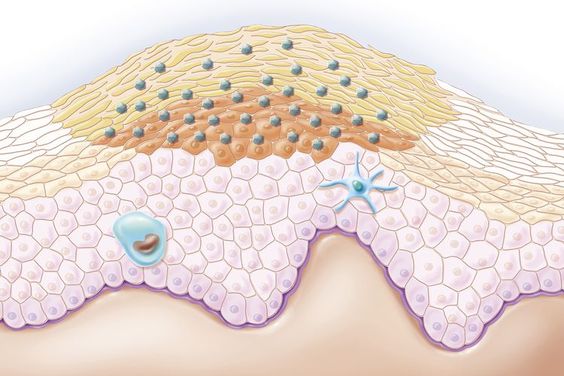Introduction
Warts are small, noncancerous growths that appear on the skin. They are caused by the human papillomavirus (HPV), which infects the top layer of skin. Warts are contagious and can spread through direct contact with an infected person or by touching surfaces that have been contaminated with the virus.
There are many different types of warts, and they can appear anywhere on the body. Common warts are most often found on the hands, fingers, and knees. Plantar warts grow on the soles of the feet. Flat warts are smaller and smoother than common warts and are often found on the face, legs, or arms. Genital warts appear on the genitals, anus, or groin and are spread through sexual contact.

Most warts are harmless and go away on their own within a few months or years. However, some warts can be painful or embarrassing, and they may need to be treated.
What Causes Warts?
As mentioned above, warts are caused by the human papillomavirus (HPV). There are over 100 different strains of HPV, and only a few of them cause warts. HPV enters the body through a cut, scratch, or other break in the skin. Once inside the body, the virus infects skin cells and causes them to grow abnormally, forming a wart.
Types of Warts
There are several different types of warts, including:
- Common warts: These are the most common type of wart and can appear anywhere on the body, but are most often found on the hands, fingers, and knees. They are typically small, hard, and have a rough surface.
- Plantar warts: These warts grow on the soles of the feet and can be painful when walking or standing. They are often flat and covered with a thick layer of skin.
- Flat warts: These warts are smaller and smoother than common warts and are often found on the face, legs, or arms. They are typically flesh-colored or slightly darker.
- Genital warts: These warts appear on the genitals, anus, or groin and are spread through sexual contact. They can be small and flat or large and cauliflower-shaped.
Treatment for Warts
Most warts will go away on their own without treatment. However, if a wart is causing pain, discomfort, or embarrassment, there are several treatment options available.
- Over-the-counter medications: There are several over-the-counter medications available that contain salicylic acid, which helps to dissolve the wart.
- Prescription medications: Your doctor can prescribe stronger medications, such as cantharidin or imiquimod, to treat warts.
- Cryotherapy: This treatment involves freezing the wart with liquid nitrogen.
- Surgery: In some cases, surgery may be necessary to remove a wart.
Prevention of Warts
There are several things you can do to prevent warts, including:
- Avoid contact with warts: Don't touch your own warts or the warts of others.
- Keep your skin clean and dry: Wash your hands frequently and dry them thoroughly.
- Wear shoes in public areas: This will help to prevent plantar warts.
- Get the HPV vaccine: The HPV vaccine can help to protect against the strains of HPV that cause warts.
While warts are common and usually harmless, understanding their causes, types, and treatment options can help you manage and prevent them. If you have any concerns about warts, consult with a healthcare professional.

.jpg)